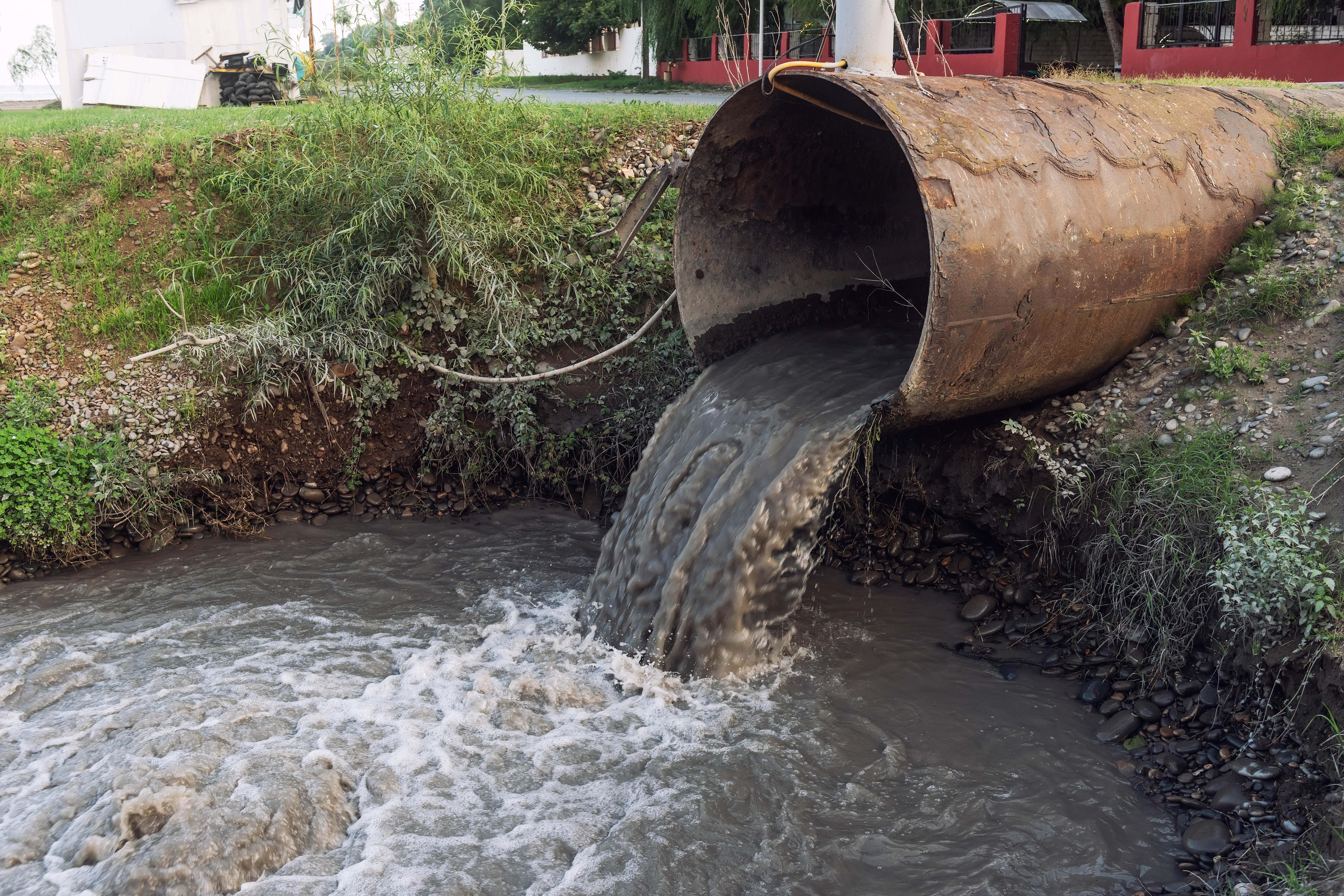Mapped: Sewage in English rivers as water companies face £168m in combined fines
Campaigners have welcomed the proposed fines but warned the penalties highlight the ‘sheer state of disrepair’ of the water and sewage industry
Your support helps us to tell the story
From reproductive rights to climate change to Big Tech, The Independent is on the ground when the story is developing. Whether it's investigating the financials of Elon Musk's pro-Trump PAC or producing our latest documentary, 'The A Word', which shines a light on the American women fighting for reproductive rights, we know how important it is to parse out the facts from the messaging.
At such a critical moment in US history, we need reporters on the ground. Your donation allows us to keep sending journalists to speak to both sides of the story.
The Independent is trusted by Americans across the entire political spectrum. And unlike many other quality news outlets, we choose not to lock Americans out of our reporting and analysis with paywalls. We believe quality journalism should be available to everyone, paid for by those who can afford it.
Your support makes all the difference.Water regulator Ofwat has proposed £168m of combined fines on three of England’s biggest water companies for failing to manage their wastewater treatment works.
Thames Water faces a £104 million fine, Yorkshire Water could see a £47 million penalty and Northumbrian Water faces £17 million following the first batch of results from Ofwat’s biggest-ever investigation into industry performance.
The penalties relate to water firms’ management of their wastewater treatment and sewer systems, which have come under heavy criticism for releasing too much pollution into rivers.
Campaigners have welcomed the potential fines but warned the penalties highlight the “sheer state of disrepair” of the industry.

It comes amid high levels of public fury over the polluted state of England’s rivers, lakes and coastal waters and at a lack of investment in water infrastructure, rising bills, high dividends and executive pay and bonuses at privatised water firms.
The three interactive maps below show where the sewer network discharges treated sewage, overflows of untreated sewage and storm water into rivers.
The discharges and overflows are included in the areas covered by each water company: Thames Water, Yorkshire Water and Northumbrian Water.
Ofwat said more than two-thirds of Thames Water’s wastewater treatment works with Flow to Full Treatment (FFT) permits had capacity and operational issues, while one in six of its storm overflows were found to be in breach of regulations.
A fine could be especially impactful for Thames, which is in the grip of a funding crisis and has more than £15 billion in debt. It said last month that it only has enough money to continue trading until the end of May 2025.
Thame Water’s fine amounts to 9% of the company’s turnover, just shy of the 10% maximum Ofwat is allowed to impose.
A Thames Water spokesman said untreated sewage spills are “unacceptable, even when they are permitted”, adding the firm was working on improving its record.
It suggested the firm is hoping Ofwat may reduce the financial penalty if Thames Water commits to redress the failures, adding that the company will respond to the proposed fine “in due course”.
Yorkshire Water’s wastewater treatment works were in better shape, with just 16% of them having operational issues. But 45% of its storm overflows were in breach.
A Yorkshire Water spokesperson said the firm is “disappointed” with the proposed fine and that it had “co-operated fully” with Ofwat.
And 3% of Northumbrian Water’s wastewater works had issues, while 9% of its storm overflows were in breach.
A Northumbrian Water spokesperson said they are “very disappointed” with the fines, adding that the firm is “working really hard to continue to deliver for customers and the environment”.
Ofwat said there was a “strong correlation” between high spill levels and operational issues at Thames, Yorkshire and Northumbrian’s wastewater treatment sites, “which points to these companies not having properly operated and maintained their wastewater treatment works”.
The regulator said it would consult on the fines first, and may potentially reach a settlement before the companies are ordered to pay.
Environment secretary Steve Reed said: “The unacceptable destruction of our waterways should never have been allowed – and it is right that those responsible for illegally polluting our rivers, lakes and seas face the consequences.”
He added the government plans to “fundamentally reform the water sector” via a new bill announced last month.
Join our commenting forum
Join thought-provoking conversations, follow other Independent readers and see their replies
Comments